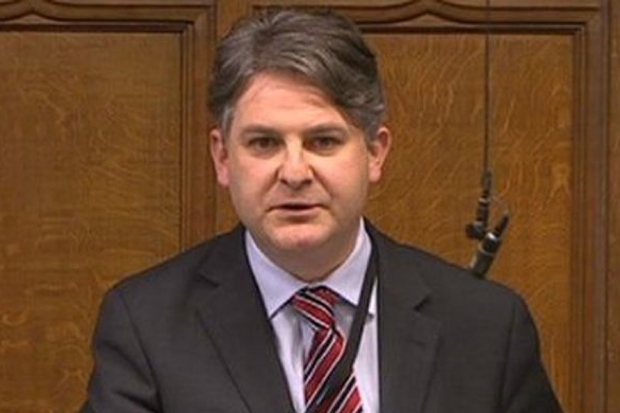‘The Commons at its best’ is a bit of a pompous phrase that people apply to all sorts of sessions in Parliament that aren’t really the Commons at its best at all. But the Commons at its worst is surely easy to find: it’s when MPs meet on a Friday to discuss Private Members’ Bills.
These sessions have turned into a circus of MPs proposing slightly rubbish legislation, and Philip Davies or one of his colleagues talking that legislation out so that there cannot be a vote on its second reading, thereby killing it. This then leads to fury from the backbencher who proposed the Free Unicorns Bill and any supportive branches of the press, and accusations that the evil Tories do not care about the important and compassionate cause of Free Unicorns (the same accusations fly about when Labour is in government and it is left-wing MPs who do the job of filibustering, rather than Davies and co). The whole spectacle looks like a waste of parliamentary time and a way of raising voters’ hopes about bills which are never going to make it onto the statute book (and which often shouldn’t make it onto the statute book).
Yesterday, the Procedure Committee had a go at changing this spectacle, with a report proposing that the Backbench Business Committee pick up to four bills which are supported by MPs across the house and which have been properly worked on. Those BBBC-sponsored bills then get a guaranteed vote at second reading, and can proceed into committee stage.
Committee chair Charles Walker yesterday told the Commons that the government is in ‘the last-chance saloon’ on PMBs, having ignored the report pushing for reform that his Committee produced in the last session. He also warned rather darkly that ‘if they do not act now, there are other people in this place who will be less understanding than me, and the charge they will bring forward will make the government’s eyes water, and rightly so’. He garnered support from the Labour benches for the change, with Chris Bryant telling the Chamber that his party actually wanted it to happen right away, rather than in 2017/18.
I understand that there is sympathy in some parts of government for this change to happen – though it may be the case that the Tory whips are rather less sympathetic as it might increase their workload at a time when they have too much to do anyway – and that Walker may get his way. But some ministers are worried that this reform will actually increase the influence of pressure groups such as 38 Degrees, as all MPs will get bombarded with demands to sponsor the bills that the BBBC is considering.
Reform of backbench legislation isn’t the most important thing on ministers’ desks at the moment. But the current system isn’t helping MPs make the case to their constituents that they are effective and that Parliament really works.







Comments